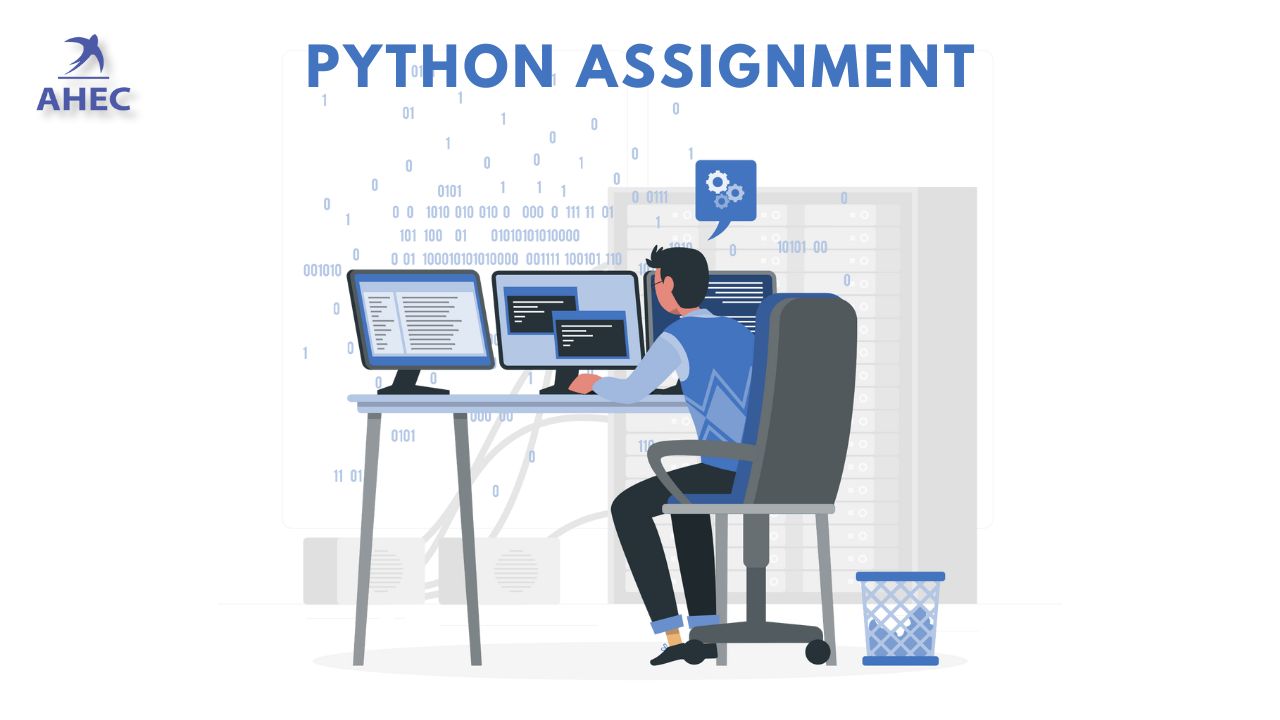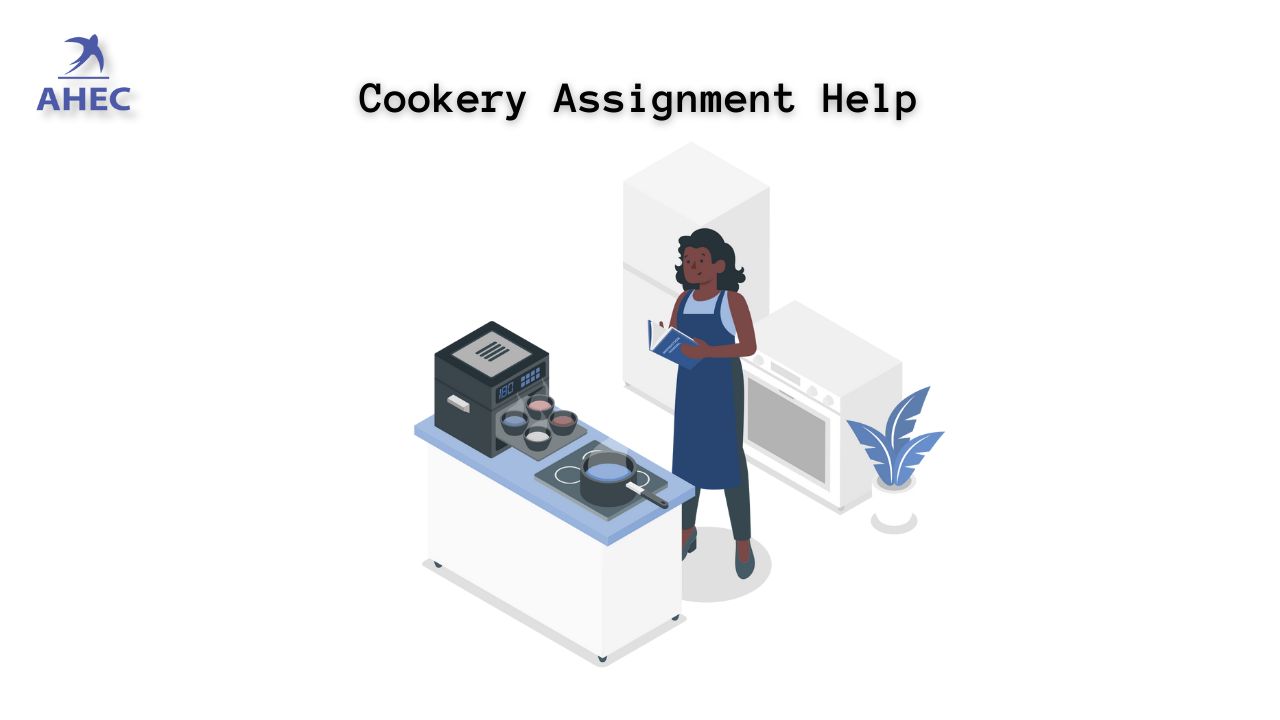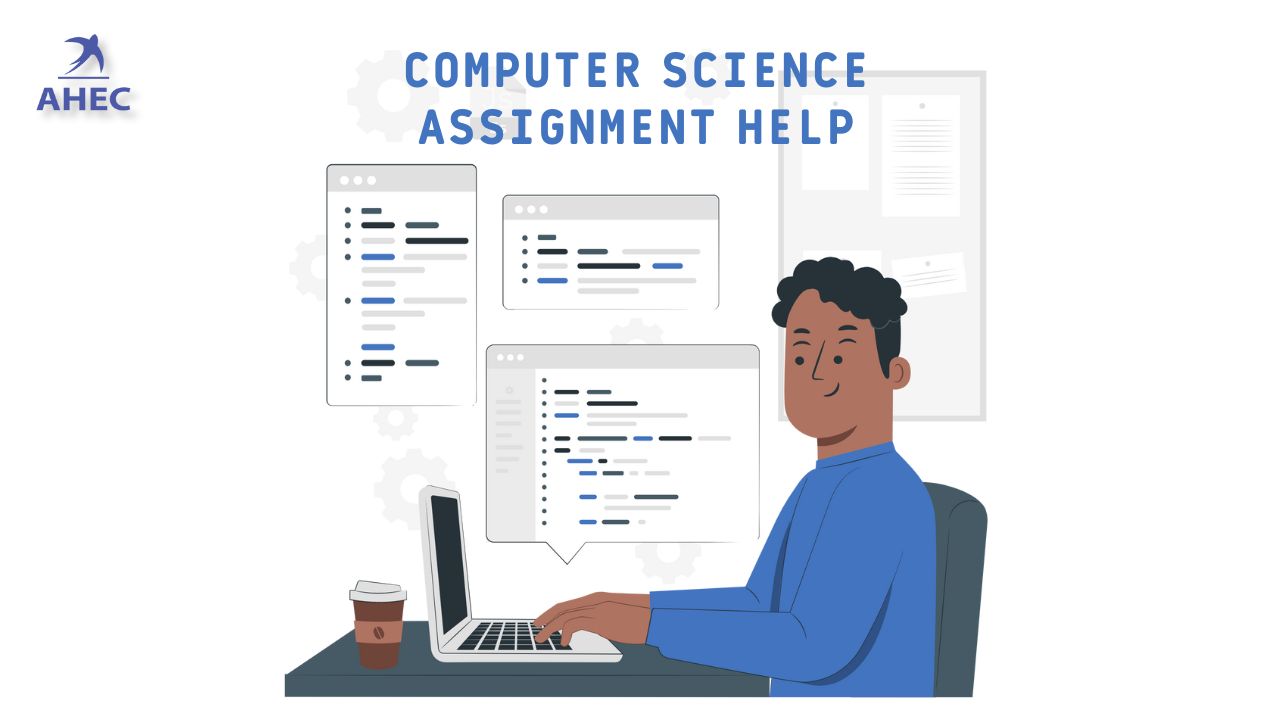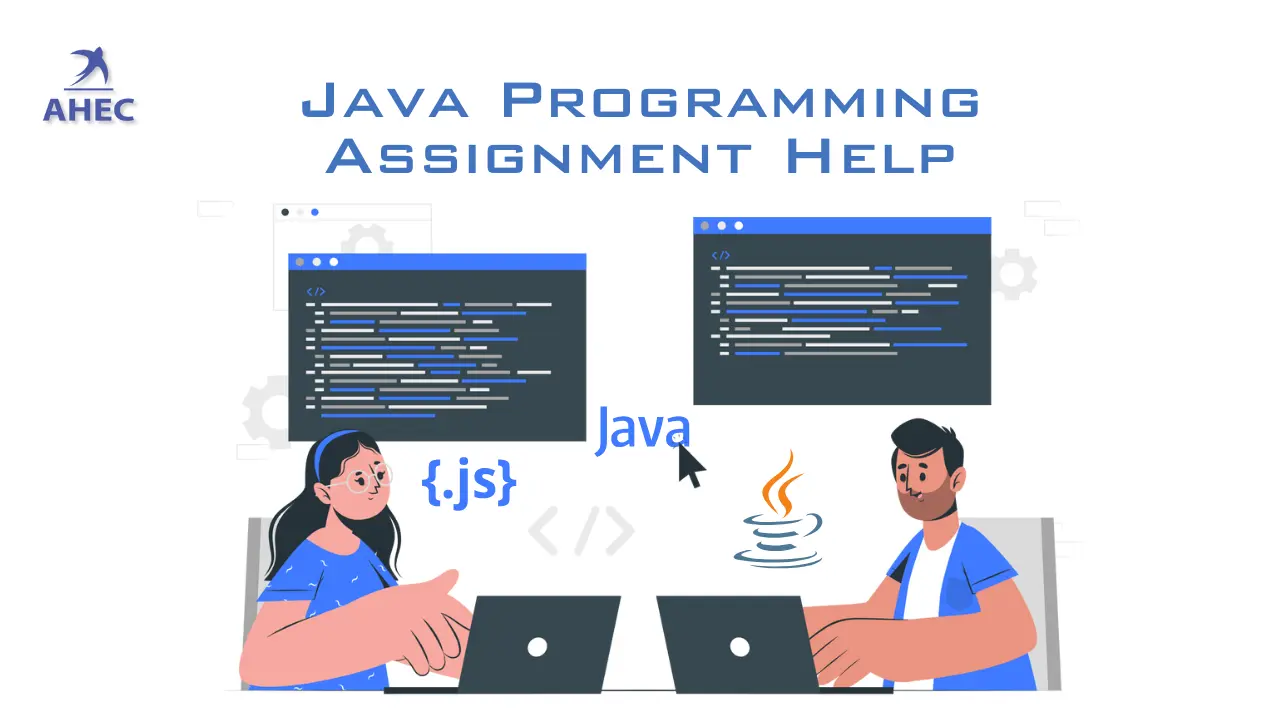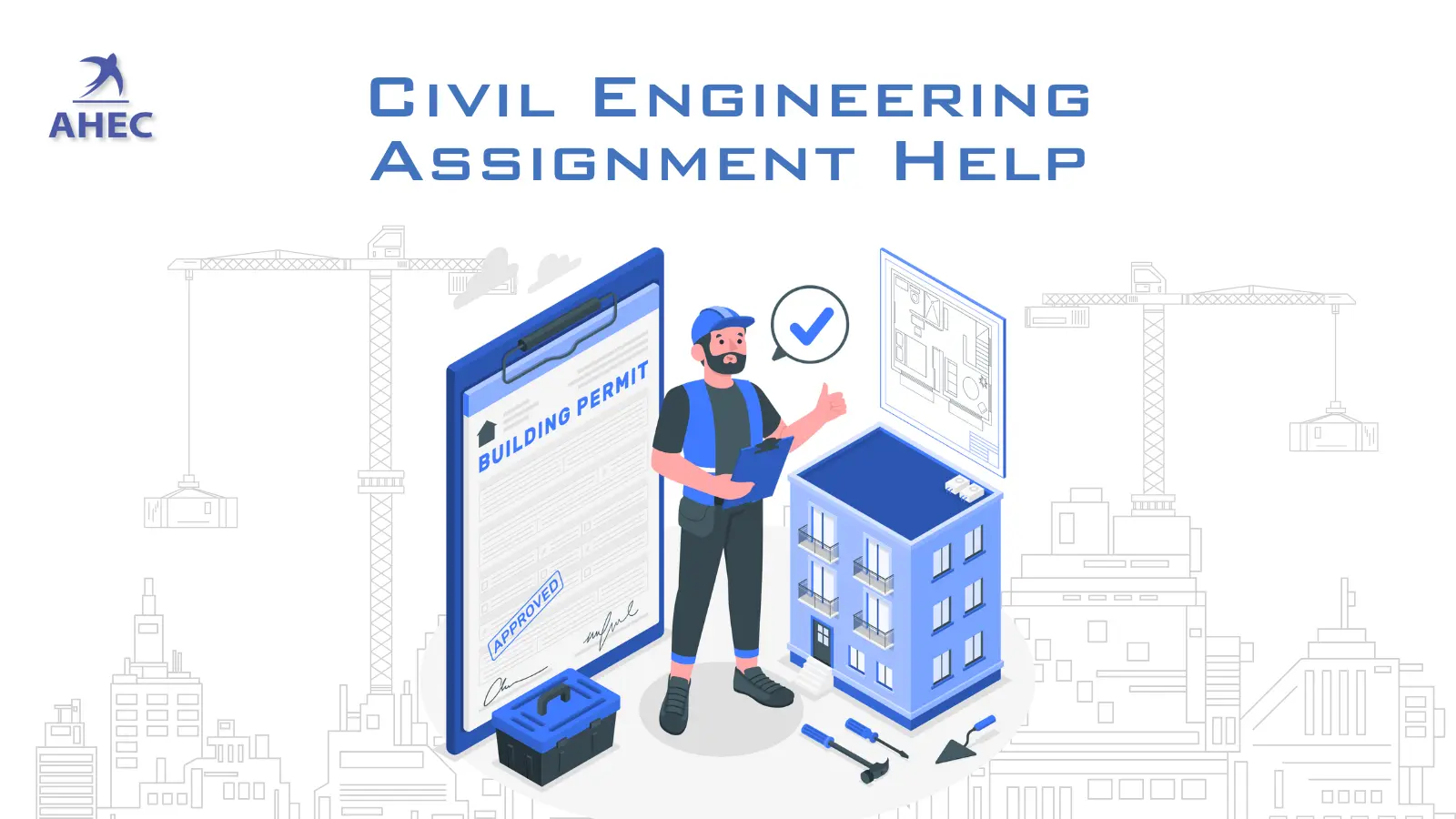Because dissertation is among the most difficult and time-consuming assignments dissertation outline is an essential element to determine the structure and research objectives. It also involves the creation of a dissertation, which is a prerequisite for all students who are pursuing postgraduate studies. Before beginning the process of creating the ultimate scientific work the first step is to devise a clear strategy for making the inquiry clearly and properly structured. In order to assist you understand the essential actions to be followed to complete your dissertation, we have created a dissertation outline template, which includes outline templates for online essays and general guidelines.
An outline should be an outline that outlines what needs to be accomplished to meet academic objectives. It is intended to establish the ideas and concepts that are required to be included in your dissertation. Below you will find an overview of what should be included for a good dissertation outline and the best way to arrange it properly. EduBirdie provides "write my dissertation for me" services. Your work will be done perfectly!
What is an Outline: Definition and Purpose
The structure of dissertations serves the objective to keep students focused on their proposed topic and ensuring that no time is lost and no ideas are thrown out in the process of. The process of planning a thesis academically allows for the collection of the required information and having it organized in a scientifically organized and rational method. The draft paper is an outline to help accomplish goals and connect arguments to the thesis. An outline can help keep from confusion and repetition when a the paper gets longer.
Furthermore, when a dissertation outline is sent to the college or university professor most young scientists must work from an outline that shows the subject and general concepts. When it is properly written it is a part of a proposal for the entire assignment. If you're struggling with your proposal, have a lack of time or you are not able to meet deadlines, you are able to seek out a professional dissertation service to get help.
Different professors from universities across different universities in the United States may follow different dissertation outline guidelines, but the majority of times, the common structure is comprised of five parts, just like a general scientific papers. They consist of an introduction, a detailed research, methodology, analysis of the data presented and the closing paragraph. Before we begin chapters for dissertations, let's examine some writing strategies and other things to consider prior to beginning!
Tips for Writing a Dissertation Outline
A dissertation paper is undoubtedly the most difficult document to write in college or university for most students. As a result, understanding how to draught a dissertation outline is a necessary evil. You can appropriately organise material for a Ph.D. paper with proper formatting.
- Begin with a relevant topic and field of study that you are familiar with and can adequately support with scientific references.
- Before deciding on a core thesis, go through academic publications, manuals, and reviews on the issue.
- Discuss any concerns with your academic adviser, paying special attention to your strategy, technique, and arguing position. Display the outline or sources for approval.
- Take notes for an outline while reading through scientific publications on the issue.
- Compose each component of the thesis supplied in accordance with the concepts presented, with no extraneous information introduced.
- I'm working on a dissertation proposal, complete with an appendices and notes.
- Present all accessible information to your academic adviser, making sure that no superfluous material is included.
- The general norm is to avoid new ideas in conclusion and instead focus on future goals and demands for greater study.
- Create a list of objectives ahead of time as a personal checklist to "proofread dissertation" in this manner.
- Proofread and polish your work, or hire an expert to assist you with your thesis.
Sections of Dissertation in a Nutshell
It is worth noting that there isn't a right outline of a dissertation that can be suitable for every topic. Although Social Sciences, for example could have 4-5 components A committee assigned to you could introduce modifications, so it is always advisable to double-check before you submit your dissertation. In this guide, we will concentrate on the 5 chapters method, with outline variations defined.
Introduction
It usually includes a general introduction as well as background information about the problem being discussed. Following is the problem statement, which is used as a general thesis. In the next part, you should describe research goals and research issues that are important for the particular study. The following section should be focused on significance of your chosen study that is typically a relevant topics. Be sure to include specific definitions for the terms used. This is also where your personal beliefs and limitations are discussed. To conclude the primary section, be sure to give further study information should they be required.
Qualitative Methodology
The most challenging section because it must demonstrate the design of research, its relevance to science questions, set the stage for analysis, as well as describe research subjects or participants. Then, the data collection paragraph is discussed, and is followed by a thorough analysis. This is the time to make use of citing, whenever and when necessary. The final part should include a brief description of the justification for the method.
Quantitative Research Methods
In this instance it is a research design , with description of the problem along with problem questions and hypotheses proposed. The difference is given samples and data related to the methods. Additionally, it must incorporate instruments that allow for the reliable gathering of data. This is followed by their analysis.
Literature Review
The title suggests that dissertation chapter 2 contains the entire literature implemented described and categorized, analyzed and analysed in detail. The dissertation chapter 2 must provide a an argumentative and/or theoretical basis to justify the use of material. In accordance with the subject matter the person should provide a thorough analysis of the sources used.
Research Outcomes
The fourth chapter is designed to present the findings. It is suggested to arrange them by the research question or hypothesis provided. Keep in mind that the introduction should be a description of what must be discovered, and conclusion is a summary of the research that clarifies how it was successful or not.
Combined Methodology Analysis
When you decide to go with a mixed approach, start with a brief overview and the strategy pattern. Keep focusing on hypotheses and objectives. Give a setting and sample(s) following. Once you've completed collecting the data, it needs to be linked to the selected working methods. The analysis should contain opinions as well as references to journals of science. In this part of the dissertation must explain the methods chosen to readers.
Conclusion: Discussion and Future Research Suggestions
The final chapter must include a more comprehensive summary of findings. The chapter differs from the previous one by the depth of personal analysis. Once one lists the goals that were achieved It is essential to conclude with the analysis. For ease of use keep discussing the subject, and describing the paper's research. If it is appropriate and feasible provide suggestions for further research or the information you need to include. When wrapping up the work be sure to double-check not to miss everything. The last section of dissertation plans is a good opportunity to express your an opinion and explain the style employed.
Dissertation Outline Template for Students
Here's a brief outline of the dissertation sections you can modify to suit the subject of your paper and your topic.
1: Introduction
- Intro
- Issue & Its Background
- Issue Statement
- Research Purpose & Questions
- Significance
- Glossary of Terms (optional)
- Limitations & Assumptions
- The concluding paragraph
2: Methodology (Qualitative/Quantitative/Mixed)
- Intro
- Research Design
- Research Hypotheses & Question
- Setting/Sample & Population
- Participants/Instrumentation
- Data Collection
- Data Analysis
- Concluding section
3: Literature Review
- Intro
- The description of a literature search
- Framework
- Review of Literature
4: Findings
- Intro
- Findings
- Conclusion
5: Discussion and Suggestions for Further Research
- Intro
- Findings Summary
- Conclusions
- Discussion
- Suggestions for Further Investigation
- Final Conclusion Part
Online Dissertation Assistance
Dissertation is one of the most difficult academic responsibilities, prompting many American students to seek assistance. Even having a decent plan in place may be insufficient. What we provide is experienced writing assistance with personalised advice at each level.
Our clients return because they may pick writing professionals based on qualifications, research files, and a list of finished essays. Direct interaction with the assigned writer allows you to manage every element, give comments, and really customise the work. Our plagiarism-free writings contain editing and adherence to professional terminology usage. Don't wait any longer, and send us a message right away! Buy dissertations online from EduBirdie with confidence!































































